Our Mission
Adopt an Inmate is dedicated to promoting the value and rehabilitation of people in prison. By connecting them with supportive adopters, our organization amplifies their voices, expands their support systems, and increases the likelihood of successful reentry into society. Through educational programs and community partnerships, we strive to improve the criminal justice system and create a more just and compassionate society. Join us in making a difference – adopt an inmate, volunteer, or donate today.
Our Vision
Our vision is to create a more just and compassionate society by building connections between incarcerated people and the outside world. Through one-on-one relationships, we aim to educate people about the need for meaningful rehabilitation in our prison systems. By focusing on rehabilitation, rather than punishment and mistreatment, we can create a safer and more equitable society for all.
